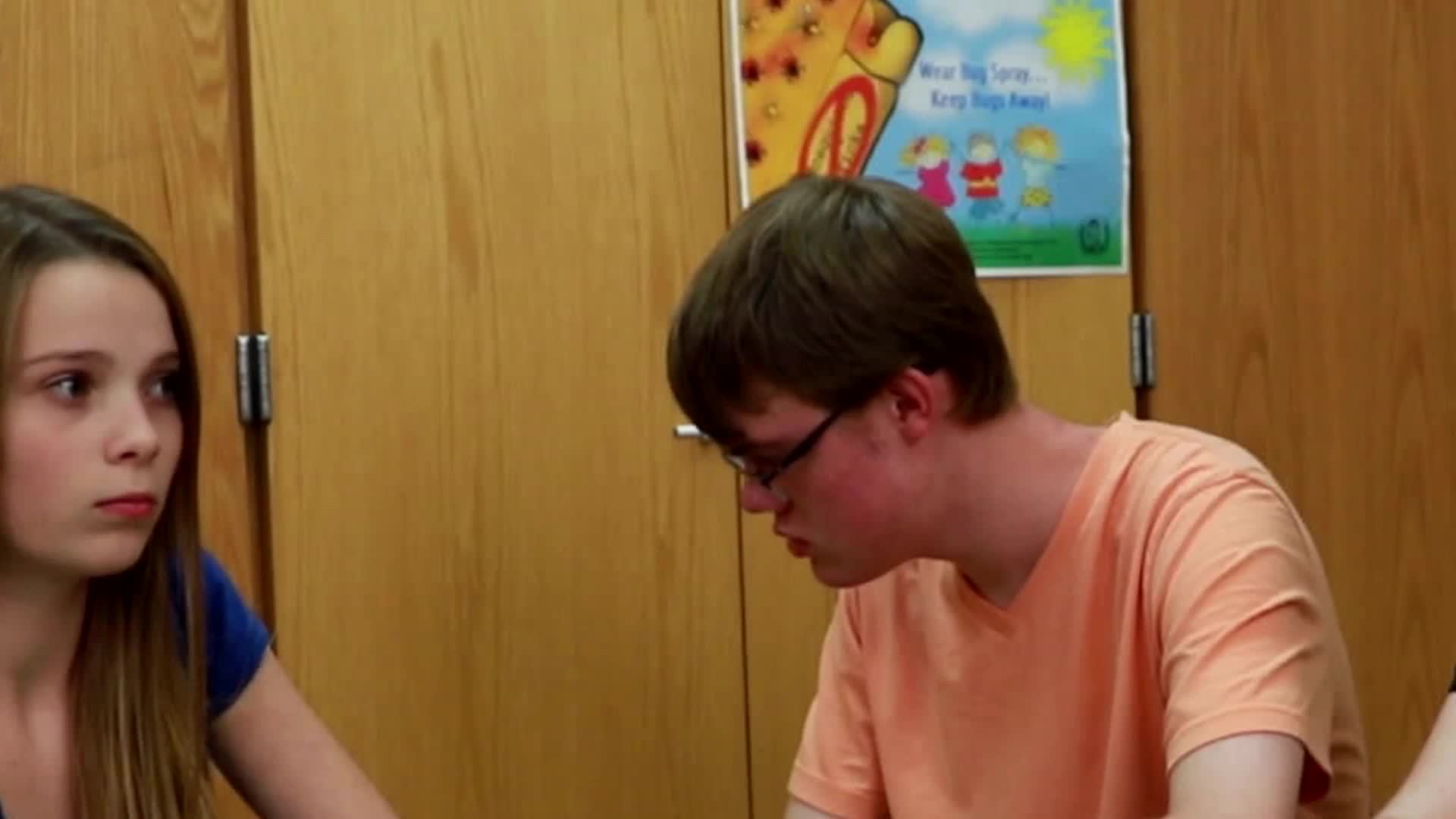
As educators working with special education students, it’s essential to teach the importance of being a good sport. Losing is a natural part of any competition, and it’s crucial for students to understand how to handle defeat gracefully. In this blog post, we’ll explore an easy no-prep activity, discussion questions, and related skills to help you incorporate principles of Social-Emotional Learning into your classroom without using the terms ‘master’ or ’emotional intelligence’.
Introduction
Being a good sport means not complaining or getting upset when we lose. It’s important to show respect and maintain a positive attitude, whether we win or lose. Teaching students to be good sports helps them build healthy relationships and fosters an inclusive environment where everyone feels comfortable participating. The following activity and discussion questions will provide a starting point for teaching students the value of good sportsmanship.
No-Prep Activity: Role-Playing Good Sportsmanship
This activity requires no preparation or materials and can be easily incorporated into your lesson plan. Begin by explaining the concept of good sportsmanship to your students. Then, divide the class into small groups and assign each group a different scenario related to sports or games. Examples of scenarios could include:
- Playing a board game and losing
- Participating in a relay race and coming in last
- Getting a low score in a video game
Ask each group to role-play the scenario and demonstrate both good and bad sportsmanship. After each group has completed their role-play, discuss the differences between the two approaches and how each made the participants feel. Emphasize the importance of being a good sport and the impact it has on building positive relationships with others.
Discussion Questions
- Why is it important to be a good sport, even when we lose?
- How can displaying bad sportsmanship affect our relationships with others?
- Can you think of a time when you or someone you know demonstrated good sportsmanship? How did it make you feel?
- What are some strategies for maintaining a positive attitude and being a good sport when we lose?
- How can we encourage others to be good sports and support them when they lose?
Related Skills
Teaching good sportsmanship is just one aspect of Social-Emotional Learning. Here are some other relevant skills for students to develop:
- Empathy: Understanding and sharing the feelings of others
- Resilience: Bouncing back from disappointments and setbacks
- Conflict resolution: Finding positive solutions to disagreements
- Cooperation: Working together to achieve a common goal
Next Steps
As you continue to teach your students about good sportsmanship and other Social-Emotional Learning skills, consider incorporating additional resources and activities into your lessons. To access free sample materials, including lesson plans and activities, sign up at Everyday Speech. These resources can help you create an engaging and supportive learning environment that promotes the development of essential life skills for your special education students.

